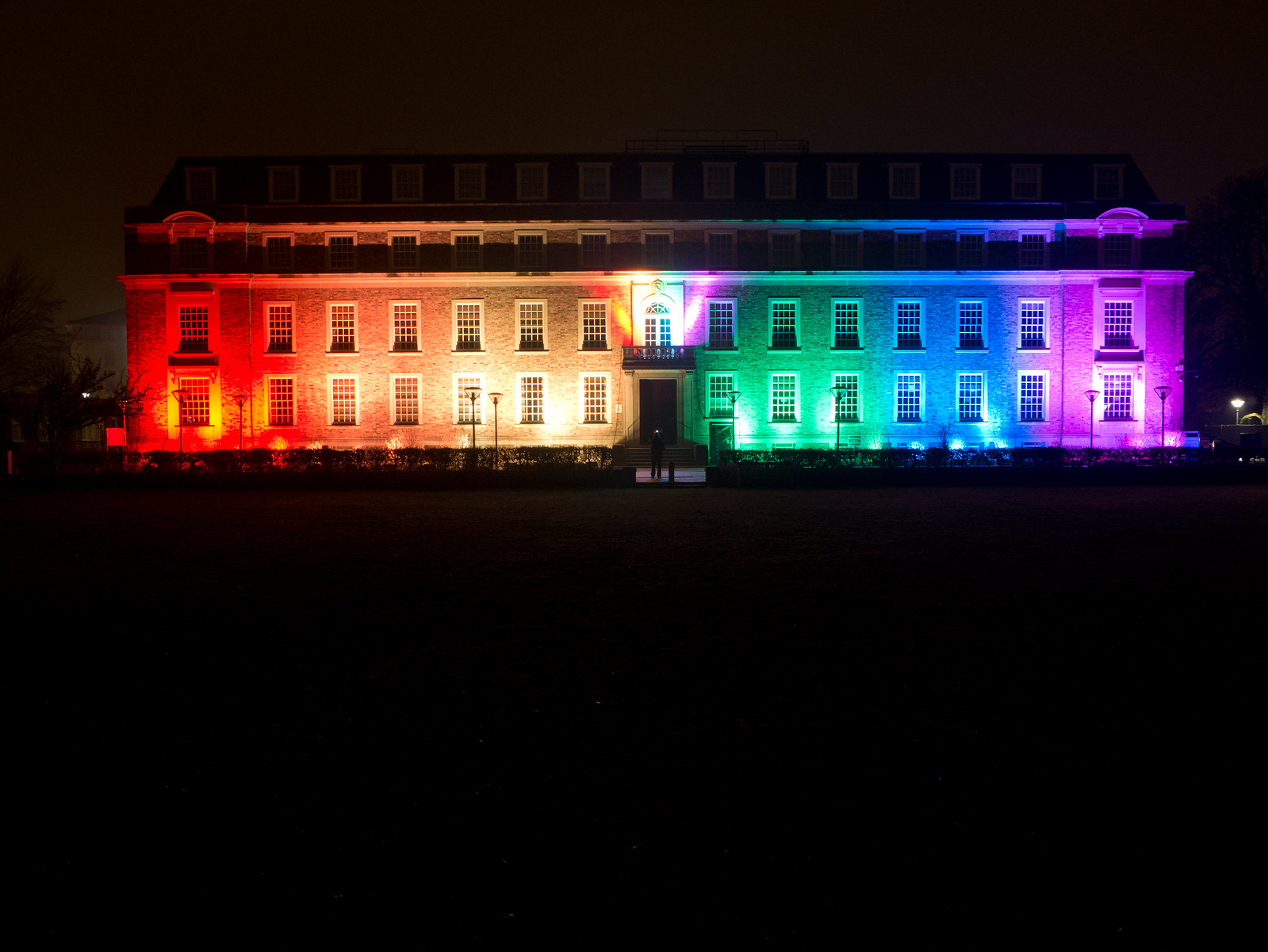- Messages
- 1,502
- Name
- Ian
- Edit My Images
- Yes
Changed to a Panasonic G7 with 14-140 lens and struggling to get sharp images.
https://flic.kr/p/S5dWxe
I had focused on the building but when zooming in all the brickwork looks soft.
Never seemed to have a problem with my D7000 and 16-85 lens I had before.
https://flic.kr/p/S5dWxe
I had focused on the building but when zooming in all the brickwork looks soft.
Never seemed to have a problem with my D7000 and 16-85 lens I had before.


 E-luminate2
E-luminate2